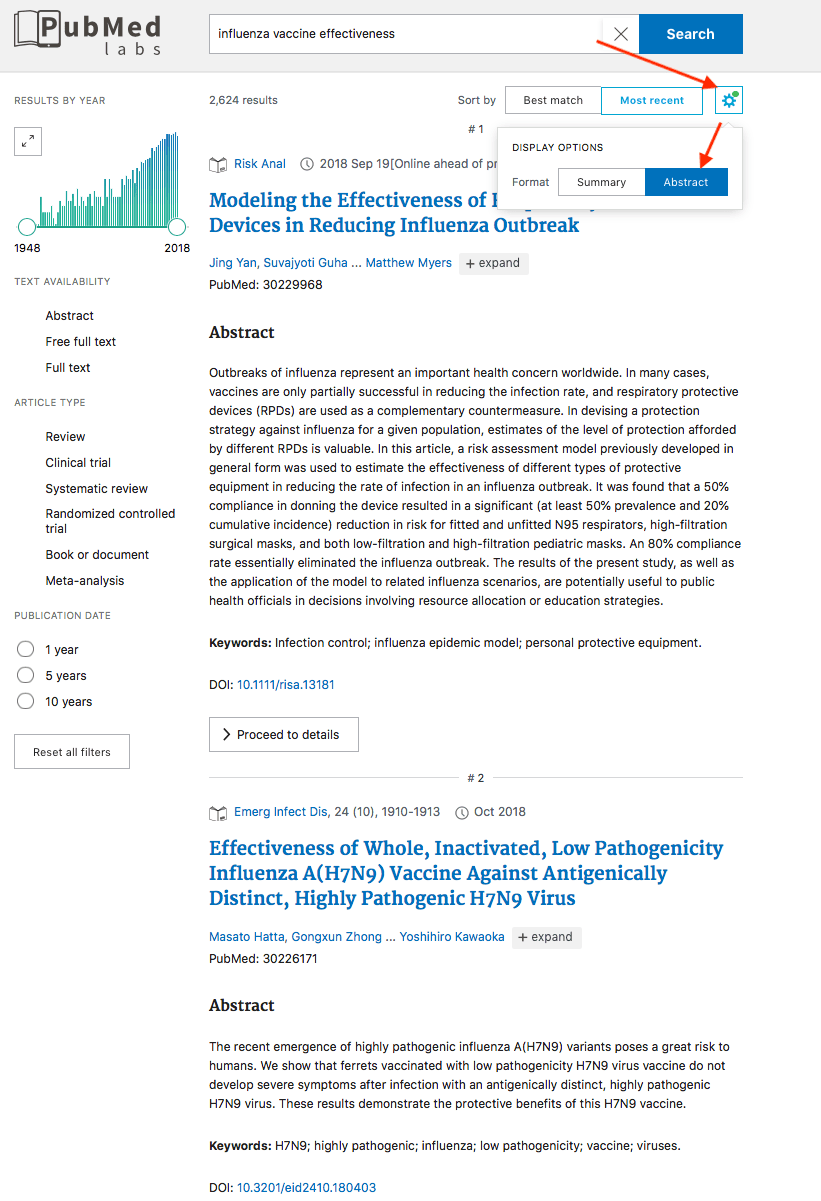Would you like to compare and analyze your data with known structural variants (SV) in NCBI’s database of genomic structural variation (dbVar)? Now there are easy-to-use files containing non-redundant (NR) deletions, duplications, and insertions aggregated from across studies in dbVar. The files are available for human assembly versions GRCh37 and GRCh38. Descriptions of the NR data are available on GitHub.
The NR files are available for FTP download in BED, BEDPE, and custom tab-separated formats, designed to be compatible with many popular tools and browsers. To help users get started, we have developed tutorials for UCSC Genomic Browser, Galaxy web-based analysis platform, NCBI Sequence Viewer, and command-line BEDtools.
An upcoming release will include annotations including genes, regulatory regions, and more. Have a favorite annotation you’d like to see? Send us your suggestions by contacting dbVar directly or open a GitHub issue. We also welcome comments and other improvement suggestions.








